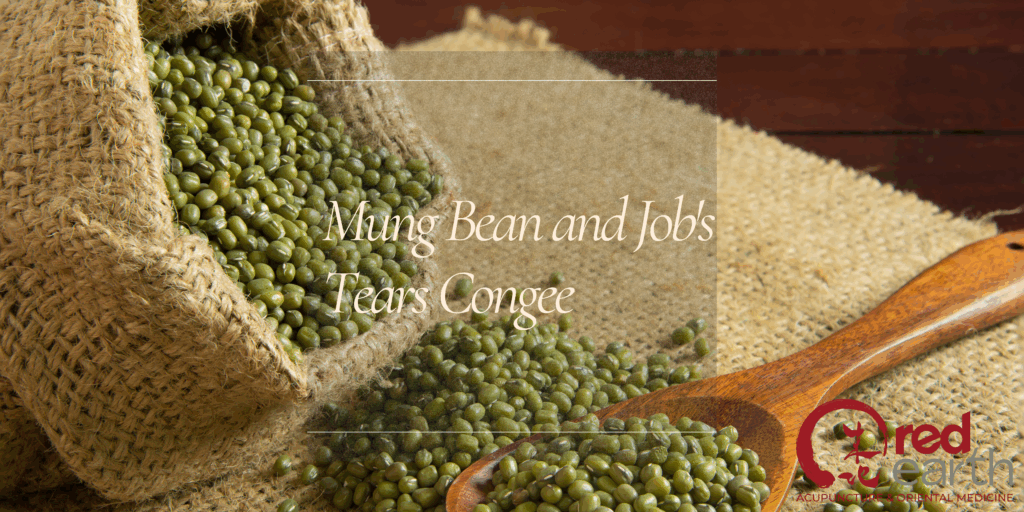May 21st – June 5th
As we move deeper into the heart of spring, we arrive at Xiaoman (小满), the eighth solar term in the traditional East Asian calendar. Translating to “Lesser Fullness,” Xiaoman marks a period where grains begin to plump but are not yet ripe, symbolizing a state of gradual growth and potential.
In the natural world, this is a time of increasing warmth and humidity, with crops like wheat and barley starting to swell. The days grow longer, and the landscape becomes lush and vibrant, reflecting the yang energy that continues to rise.
Embracing the Energy of Xiaoman
In Traditional Chinese Medicine (TCM), Xiaoman is associated with the Spleen and Stomach, organs responsible for digestion and transformation. The increasing humidity during this period can challenge these systems, leading to feelings of heaviness or sluggishness.WuKong Education+1The China Journey+1
To align with the energy of Xiaoman:
- Support digestion: Incorporate light, easily digestible foods into your diet.
- Stay active: Engage in moderate exercise to promote qi movement and prevent stagnation.
- Manage dampness: Avoid excessive consumption of cold or raw foods, which can exacerbate internal dampness.
- Cultivate patience: Recognize that growth is a gradual process; avoid rushing or forcing outcomes.
Aligning with Nature’s Rhythm
Xiaoman teaches us the value of moderation and mindfulness. Just as grains are not yet fully mature, we too are in a phase of development, building upon the foundations laid earlier in the year. It’s a reminder to nurture our progress without haste, allowing things to unfold in their own time.
Seasonal Support at Red Earth Acupuncture
At Red Earth Acupuncture, we recognize the importance of seasonal transitions and their impact on our health. During Xiaoman, we offer treatments and guidance to help you:
- Enhance digestive function: Through acupuncture and herbal remedies tailored to support the Spleen and Stomach.
- Manage dampness: Address symptoms like bloating or fatigue by promoting qi movement and fluid metabolism.
- Balance emotions: Support mental clarity and emotional well-being during this period of growth.
Whether you’re seeking to maintain wellness or address specific health concerns, we’re here to support your journey through this dynamic season.

This nourishing congee is ideal for the Xiaoman period, helping to clear heat and drain dampness.
Ingredients:
- 1/2 cup mung beans
- 1/2 cup Job’s tears (coix seeds)
- 8 cups water
- Rock sugar or honey (optional, to taste)
Instructions:
- Rinse mung beans and Job’s tears thoroughly.
- In a large pot, combine mung beans, Job’s tears, and water.
- Bring to a boil, then reduce heat and simmer for about 45 minutes, or until beans and Job’s tears are tender.
- Add sweetener if desired, and serve warm.
This congee not only supports digestion but also helps to clear heat and dampness, aligning with the needs of the Xiaoman season.
As we embrace the energy of Xiaoman, let’s align our lifestyles with the rhythms of nature, fostering balance, vitality, and patience. We’re here to support you every step of the way.
**** The recipe is from David’s teacher Liu Ming who was both Japanese and French Classically trained in culinary.
